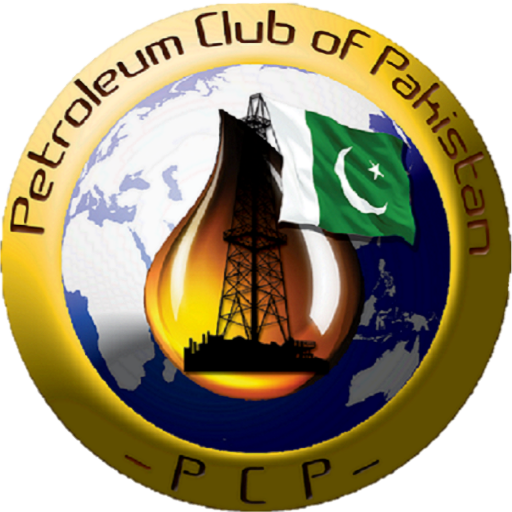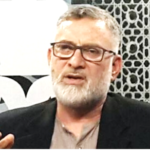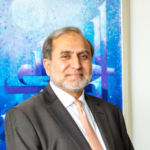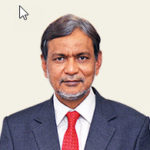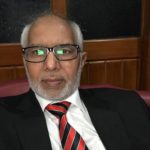Pakistan faces daunting challenges in its power sector, but these are not insurmountable. The chances of successfully cleaning the existing mess and managing future challenges are much higher with the suggested reforms

Robert Pirsig, in his bestseller, “Zen and the Art of Motorcycle Maintenance: An Inquiry into Values”, narrates a trick that people in South India use to catch monkeys. This trick, Pirsig calls “The South Indian Monkey Trap”, consists of a hollowed-out coconut shell chained to a stake. The shell has some rice inside, which the monkey can grab through a small hole which is big enough to let the monkey’s hand in but too small to let it out when his fist is full of rice. The monkey reaches in and is trapped — by nothing but his own value rigidity. He can’t revalue the rice. Nor can he see that freedom, without the rice, is more valuable. Consequently, the creature is captured, and the South Indians have been successfully employing this trick for centuries.
Pirsig’s point is simple: Individuals and societies sometimes get trapped in their own value rigidities, opting for short-term gains when their long-term interests may be quite different. Much that one hates to relate an animal story to a human situation, it’s hard not to wonder if we may also be in a similar trap in the domestic power sector.
The power sector’s imbroglio is causing irreparable financial losses to the nation, which have currently exceeded Rs530 billion in Fiscal Year (FY) 2023 alone, while the circular debt recently soared past the Rs2.7 trillion mark. No business in the world can even dream of surviving with such humungous losses, let alone remain profitable.
The above situation dictates that the government take critical steps to control these losses. But all we have seen thus far are just meetings and press briefings, followed by more meetings and more press briefings. These meetings are generally attended by senior bureaucrats who hardly know the complexities of the electric utility business and some experts whose imagination starts and ends with refrains such as “turn-off lights”, “close markets early”, “save energy”, or “use brute force to recover bills”. Nothing significant has ever come out of such meetings except tall claims and empty promises.
Pakistan’s present power crisis is not about a resource crunch, circular debt, excessive waste by consumers, high technical losses and theft, or lack of full revenue recovery, as some would have us believe. These are just symptoms of a much more serious disease, a crisis of leadership and governance. Simply put, a complete failure of our rulers to think beyond fire- fighting and short-term gains, failing to act in the broader national interest.
As a result, the power sector institutions in Pakistan have become anachronous and dysfunctional, and hubs of corruption, incompetence, and inefficiency. It will not be an exaggeration to say that they have become graveyards of creativity, innovation, and initiative. Peter Drucker, the noted management thinker, had aptly observed, “Only three things happen naturally in organisations: friction, confusion, and under-performance. Everything else requires leadership.”
As a result of this mess that spans decades, the country’s economic development has stilted, worker lay-offs have increased, and new investments have practically ceased. Those who can manage it, are shifting for jobs or businesses abroad.
The costs of power generation, transmission, and distribution technologies have risen sharply over the past few decades and continue to do so
Things must change because power sector reforms are inherently complex, capital-
intensive, and long-term. Bad decisions taken today will haunt the nation for many years to come and may even be difficult to undo or reverse.
If our government wants to save the power sector, it must first fix its governance: its institutional arrangement, its executive leadership, its management, its organisational processes, its operating practices, and its culture. In short, the power sector needs a systemic overhaul. This is indeed a tough call and may not be politically expedient, but without dispassionate surgery, it can’t save this sector that is dying by a thousand cuts.
The government must take a few essential steps to clean the power sector’s mess.
First, it should stop treating this sector as an extension of its own domain. The power supply and delivery business is no longer a service that the government can administer from the federal or provincial ministries. It has become an enterprise like any other business. The government should devolve it and restrict itself to setting strategic objectives, policy and legal frameworks, and strategic plans only. It should permit autonomy and control to these entities like any other business.
Second, it should hire a reputed international consulting team to identify the key technical, financial, and organisational issues each of the power sector entities is currently facing and develop a set of critical improvements that must be made to turn things around.
Third, it should hire future executive heads who have the vision, talent, capability, and competence to lead each of these entities. The process for hiring them must be radically different from what is being used at present. It would be better if it is entrusted to a reputed international executive head-hunting firm to keep the selection impartial and free from any political taint.
Fourth, it should encourage and support the new leadership deployed in these entities in reevaluating the efficiency and efficacy of their respective organisation’s managerial hierarchies, processes, and procedures to minimise unnecessary administrative layers and recast these processes and procedures.
The above may sound rather simplistic and naïve, but it’s not. The road will be tough and bumpy, and the journey arduous because power sectors around the world are currently under tremendous pressure. The costs of power generation, transmission, and distribution technologies have risen sharply over the past few decades and continue to do so.
Pakistan faces daunting challenges in its power sector, but these are not insurmountable. The chances of successfully cleaning the existing mess and managing future challenges are much higher with the suggested reforms than without them. Our government must identify and remove the parochial and vested interests that are obstructing the long-overdue reforms in this sector and take bold steps to implement these reforms.
Pakistan may be short on resources, technologies, wherewithal, and funding to bridge the continuously widening gap between the cost of electric supply and the revenue it earns. Fortunately, one resource it has never been in short supply is its talented and capable people. This is high time that the government called some of them to duty.
Published in The Friday Times: 13 April 2024
